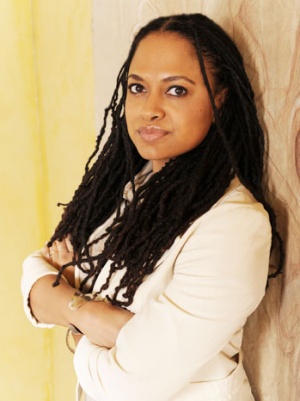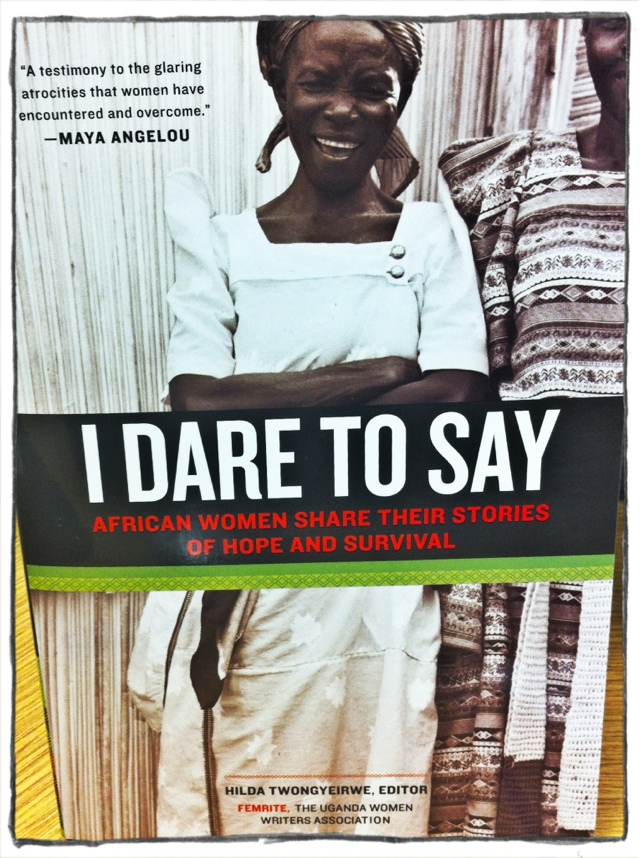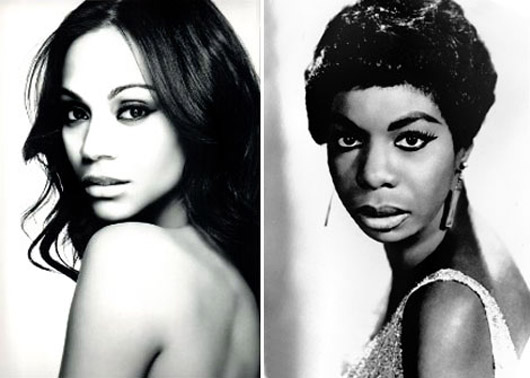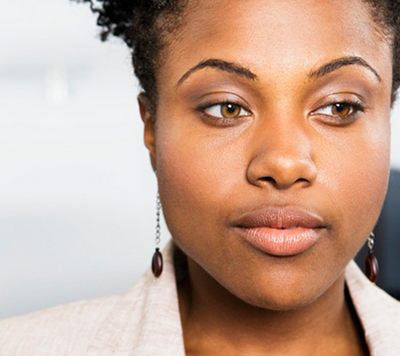I don't doubt for one second that criticism of Hollywood plays an important role in keeping Hollywood accountable. But black women owe it to each other to more frequently use our voices to highlight our resistance, our power, ways in which artists of color have been resourceful, increasing support and…
-
-
“I Dare to Say” Book Review: A Lesson in Hope and Resilience from African Women
My mother was the kind of woman that would toss harsh truths at you from the other end of the dinner table right before asking you to pass the salt. “I Dare to Say†captures the reality of that kind of resilience – the kind that has learned to live…
-
The London Feminist Film Festival Seeks Submissions from African Women Filmmakers
The very first London Feminist Film Festival, held between Nov 29 - Dec 2, 2012 at the Hackney Picturehouse, is seeking submissions from African feminists. The organizers are actively working to solicit submissions from filmmakers with diverse backgrounds, including the LGBTI Diaspora. I may actually submit something, given how visually…
-
Zoe Saldana to Star in Nina Simone Biopic: How the Dark vs. Light Skin Debate Misses the Point about Black Women and the Media
In case you missed it, Hollywood is gearing up to release a biopic of Nina Simone, an African-American singer, pianist, and civil rights activists whose music was highlight influential in the fight for equal rights for blacks int he US. Zoe Saldana, a light-skinned Dominican actress has been cast to…
-
What Does an African Feminist Look Like? Ms. Magazine Features African Feminist Bloggers
The Femisphere is a blog series in the popular Ms. Magazine that highlights the many diverse corners of the feminist blogsphere. Their latest installment focuses on African feminism, and I'm honored to have been featured along with two other African feminists, Ms Afropolitan and Lesley Agams. But, given that we're…
Online rulet oyunları gerçek zamanlı oynanır ve online slot casino bu deneyimi canlı yayınlarla destekler.
İnternet üzerinden eğlence bahsegel giriş arayanlar için deneyimi vazgeçilmezdir.
Kullanıcıların hesaplarına hızlı ve sorunsuz bettilt ulaşabilmesi için adresi her zaman güncel tutuluyor.




